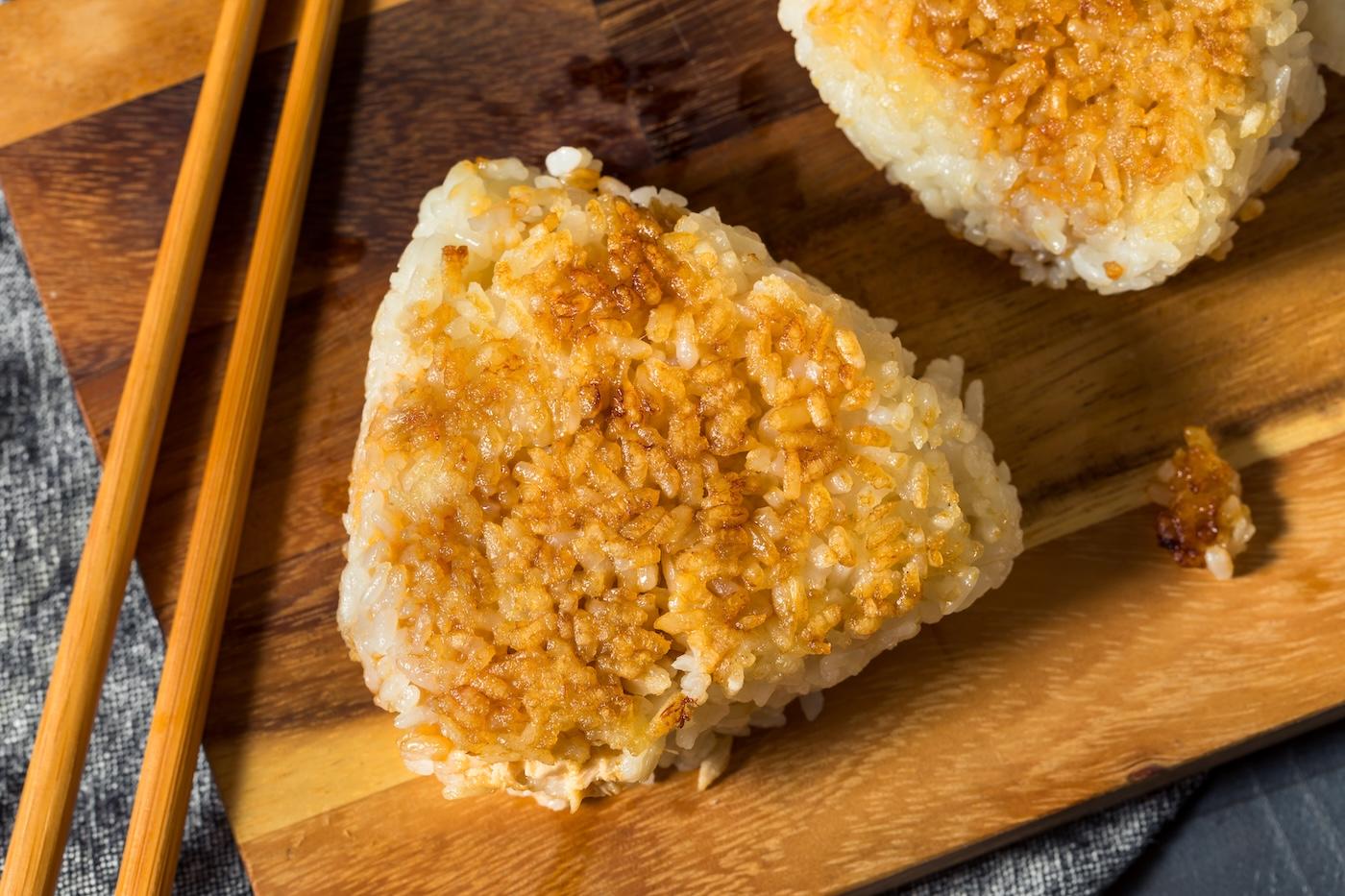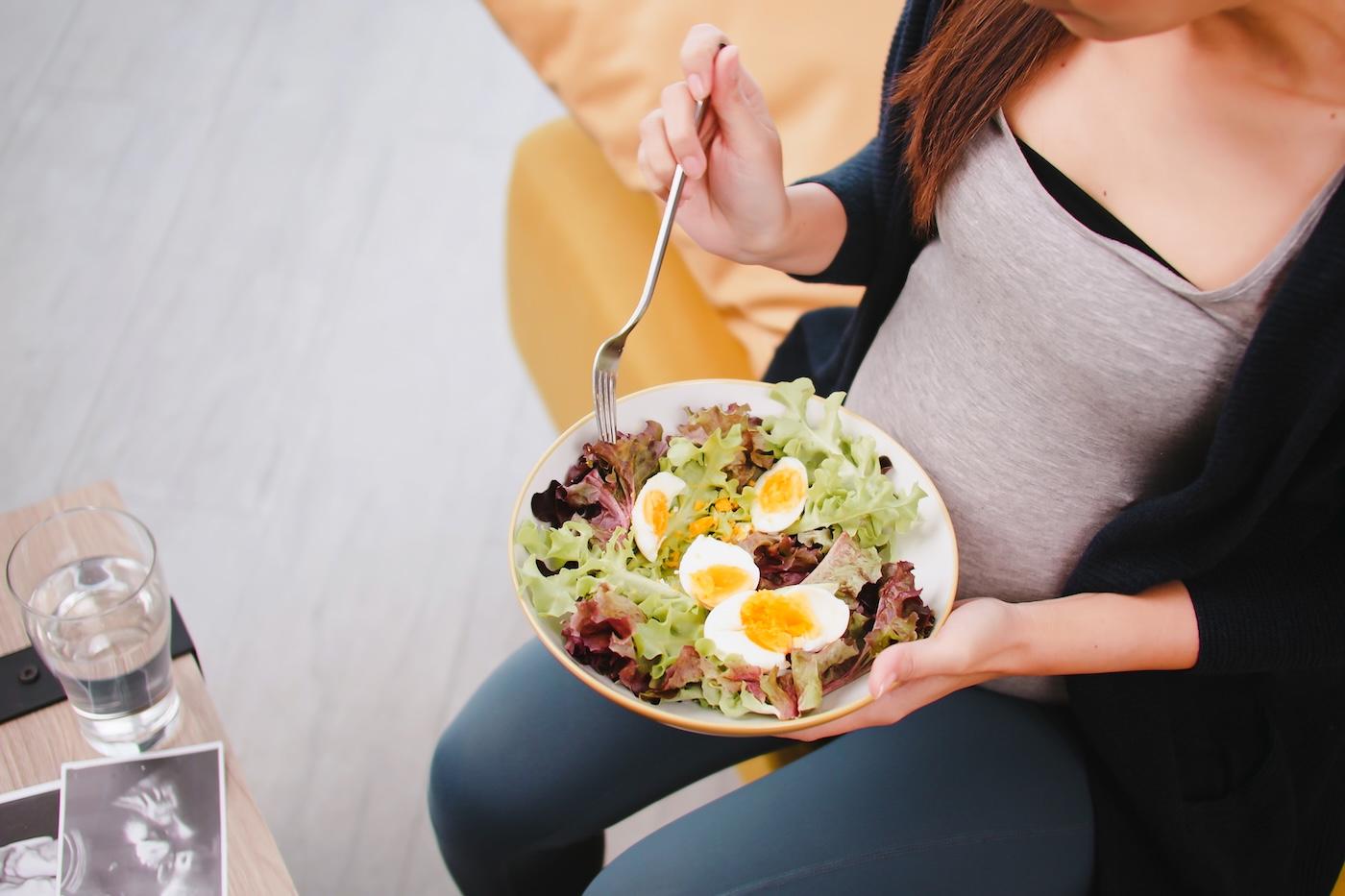PREGNANCY
Are there Benefits to Eating Your Placenta?
Some new parents choose to eat their placenta to help ward off baby blues or increase milk supply...but does it actually work and is it safe?

Written by
Happiest Baby Staff

Alicia Silverstone, Kourtney Kardashian, and—more recently—Mandy Moore have all made headlines for buying into a post-baby trend that’s growing among stars and non-celebs alike: eating their placenta. Some believe that eating the organ that helped nurture their baby during pregnancy can also nurture new parents by way of boosting breastmilk production and taming baby blues. But...are there really any benefits to eating your placenta? Here's what to know about placenta encapsulation and eating your placenta.
What is the purpose of the placenta?
The placenta has a big job while your baby is growing in utero. Primarily, it provides oxygen and nutrients to your sweet growing cherub. But it also serves as a filter to your unborn baby, protecting them from things like harmful bacteria and removing waste from their body.
Why do people eat placenta?
The theory is that consuming the placenta (an act called placentophagy) offers a kind of “custom cocktail” of nutrients and hormones that may be able to ward off postpartum depression, improve milk supply, reduce bleeding after birth, and offer a nutritional boost. Some just feel like eating your placenta is the natural thing to do since nearly all other mammals do it after they give birth!
How do people eat placenta?
People cook their placenta or slice it into slivers to freeze and make into smoothies. But for the most part, placenta-consuming parents choose encapsulation. Here, the placenta is often steamed, dehydrated, ground up, and then transferred into easy-to-swallow capsules.
Does eating placenta have benefits?
Right now, there are no randomized, double-blind, placebo-controlled human studies on placentophagy, which means there’s no trusted scientific evidence that eating your placenta can help keep postpartum depression at bay…or anything else. The “proof” available that consuming your placenta is helpful is all anecdotal. For example, this 2013 self-reported survey of nearly 200 women in the journal Ecology of Food and Nutrition, found 95% of new moms who consumed their placenta considered the experience “positive” or “very positive.” About 40% noted that eating their placenta improved mood, 26% said it increased energy, and 15% said that eating their placenta increased their milk supply.
But a later report in the Archives of Women’s Mental Health, which reviewed 10 published research studies on placentophagy, turned up zero evidence that eating the placenta protected new moms from postpartum depression. There was also no proof that eating the placenta quelled postpartum pain, improved energy, increased lactation success, enhanced bonding, or replenishes nutrients, like iron.
Is eating placenta safe?
According to the Mayo Clinic, “eating your placenta after giving birth can pose harm to both you and your baby.” One of the big worries is that encapsulating the placenta—or any other placenta-prep—doesn’t completely destroy potentially dangerous bacteria and viruses the placenta may contain. In fact, a 2017 Centers for Disease Control and Prevention report linked mothers’ consumption of placenta capsules with group B strep infection, a bacterial infection that’s usually harmless in adults, but can be dangerous to babies, causing fever, trouble feeding, and sluggishness. While a later study of more than 23,000 births found no harm in consuming the placenta, a 2018 report in the American Journal of Obstetrics and Gynecology concluded that placentophagy is potentially harmful (with no documented benefit), so “physicians should discourage this practice.”
Does eating my placenta help with postpartum depression?
There isn't evidence that eating placenta helps with postpartum depression (Learn more about the triggers of PPD). If you are struggling with symptoms of depression or anxiety, please check out these mental health resources.
Final Thoughts on Eating Placenta
In the end, the decision to encapsulate and consume your placenta is entirely up to you—and your hospital’s rules. (Placentas are often considered medical waste and it’s not so easy to take them home.) If you’re considering eating your placenta after birth, talk to your doctor or midwife before making your decision, so you can fully understand the purported rewards—and the risks. And never rely on the so-called benefits of placentophagy to help with postpartum depression or any other postpartum health issues. Instead, know the signs of postpartum depression and the top triggers (like lack of sleep and a history of depression)—and reach out to your healthcare provider for help. If you’re struggling with milk supply, a lactation consultant can provide guidance. If you’re dealing with iron deficiency or postpartum bleeding, do not hesitate to see your doctor.
More on Pregnancy:
- Early Signs of Labor That Mean It's Go Time
- What to Expect When Your Water Breaks
- Your Guide to Pregnancy After 35
- A Pregnancy Guide to Better Sleep
****
REFRENCES
- Consumption of Maternal Placenta in Humans and Nonhuman Mammals: Beneficial and Adverse Effects. Animals (Basel), December 2020
- Placentophagy among women planning community births in the United States: Frequency, rationale, and associated neonatal outcomes. Birth: Issues in Prenatal Care, May 2018
- Human Maternal Placentophagy: A Survey of Self-Reported Motivations and Experiences Associated with Placenta Consumption, Ecology of Food and Nutrition, February 2013
- Placentophagy: therapeutic miracle or myth?, Archives of Women's Mental Health, October 2015
- Mayo Clinic: Is it safe to eat my placenta?
- Notes from the Field: Late-Onset Infant Group B Streptococcus Infection Associated with Maternal Consumption of Capsules Containing Dehydrated Placenta — Oregon, 2016, Morbidity and Mortality Weekly Report, June 2017
- Human placentophagy: a review, American Journal of Obstetrics and Gynecology, April 2018
- Texas Children’s Hospital: 7 myths about placenta consumption
Disclaimer: The information on our site is NOT medical advice for any specific person or condition. It is only meant as general information. If you have any medical questions and concerns about your child or yourself, please contact your health provider.
SHARE THIS ARTICLE
MOST LOVED
Sleepytime Sidekicks












